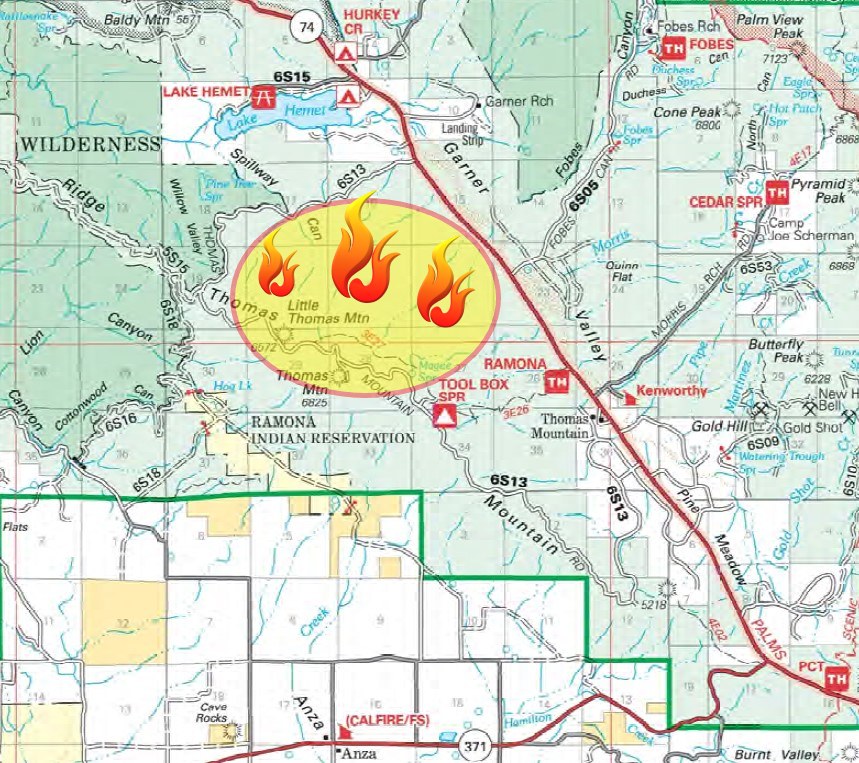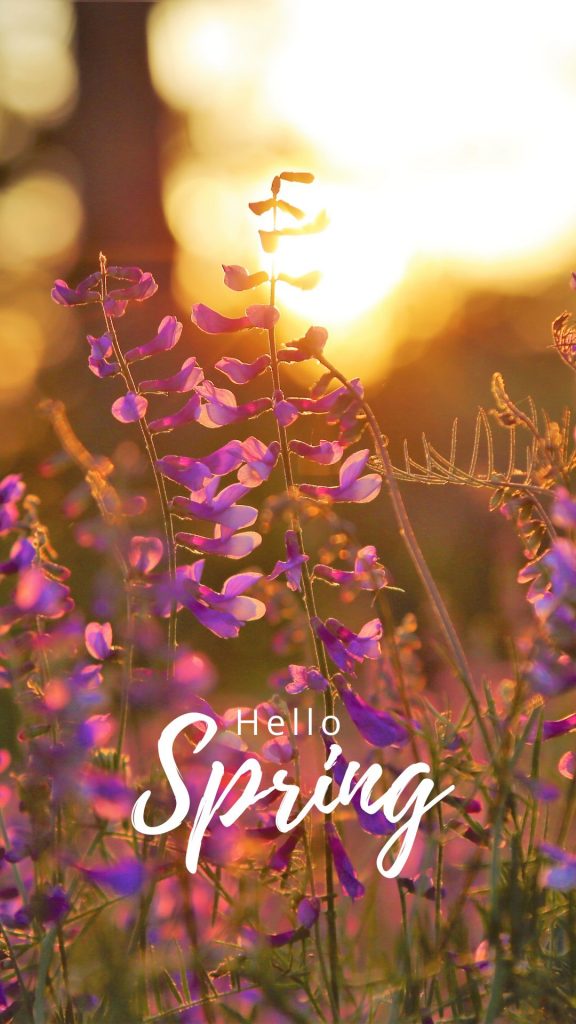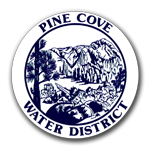Firecams
We now have firecams up on the website! They can sense fire and automatically alert interested parties.
The two cams at the bottom of this page are the new ones:
Pine Cove Water District
Archive for Pine Cove Water District
We now have firecams up on the website! They can sense fire and automatically alert interested parties.
The two cams at the bottom of this page are the new ones:
We’re starting to get into our fire season and it’s always a good idea to prepare or freshen up your Go Bag. Talk to family, friends, neighbors and make a plan! Decide where to meet, where to stay, where you are going. If you have pets plan ahead for them as well and have prepared go bags for them. If you do not have a car, make a plan ahead of time. Ask a friend or a neighbor ahead of time, if you can ride off the hill with them. If you have a car, keep 1/2 tank of gas in it at all times. If the power goes out, the stations may not be able to pump gas unless they have a generator and even then they may only be able to take cash payments. Remember, in case of an emergency the number one priority is safety first. Proper advanced preparations can ease the stress of evacuation and help you make sure all the necessities are not left behind or forgotten.

Hello Residents of Pine Cove!
June billing (due July 1, 2024) has gone out. If you get emailed bills, you should have already received yours.
The bi-monthly minimum is $80.00 for two month billing period, excluding any water usage. Water usage is billed as follows:
$8.00 per thousand gallons from 0 to 7,500 gallons
$10.00 per thousand gallons from 7,500 to 15,000 gallons
$12.00 per thousand gallons over 15,000
Water bills are mailed around the 1st of the Billing Month (even months). All bills are due and payable by the 1st of the following month (odd months). Any bill not paid by the due date will be termed delinquent and subject to a $15.00 late fee and/or termination. If shut off, a reconnect fee of $75.00 will be charged, in addition to the current amount due, to re-establish service.
There are several ways to pay your bill. ACH Auto Draft is a free service; the payment is automatically taken out of your bank account (filled out form required). You can log on to your account online, and pay with a Visa/Mastercard/Discover, or E-check. To register your account online, you will need your account number, and the Municipality Code which is PineCoveWDCA. Go to www.pcwd.org and click the “Billing” tab and the Payment option link. Next, click on the www.ub-pay.com link and register your account from there. You can come into the office and pay by check, cash, or card (one person at a time). Call with a credit/debit card (Please note that there is a convenience fee of $3.00 per hundred dollars charged if using a credit card). Drop payments thru the slot on the front door or mail a check or money order.

Fire Personnel to Implement the Thomas Mt. Prescribed Fire Project starting June 10
The San Jacinto Ranger District of the San Bernardino National Forest plans to conduct a prescribed fire on Thomas Mountain, starting June 10.
The operation is planned to last from seven to 10 days. The district intends to complete approximately 2,500 acres; the district prescribed burned 2,500 acres on Thomas Mt., in the summer of 2023.
Road closures will include Thomas Mountain Road 6S13 to 6S15 (Forest Service roads) and Rouse Ridge Road 5S15 (Forest Service road), which already has a closure. There will also be a closure of Forest Service yellow post sites (camping sites) on Thomas Mountain. The Ramona Trail 3E26 will also be closed. These closures will be implemented for the safety of the public and fire personnel. Personnel will be driving large vehicles while conducting the burn and patrolling the area.
Smoke and flames will be visible during the day and night. Staff and resources will be stationed overnight.
The Thomas Mountain Prescribed Fire project is located immediately west of State Route 74 and the community of Thomas Mountain. It is south of Lake Hemet. Other communities in the vicinity include Idyllwild, Garner Valley, Mountain Center, Pine Cove, Anza, the Santa Rosa Tribe Reservation, the Cahuilla Tribe Reservation and the Ramona Band of Cahuilla Tribe Reservation.
See the full news release at: https://www.fs.usda.gov/detail/sbnf/news-events/?cid=FSEPRD1177296&fbclid=IwZXh0bgNhZW0CMTAAAR3Yj6KFKQLk_okrfzv5W1xt0uR0zUel6xhLym45JC6BV1EkT4kxCyCFuB4_aem_AfrXivwm-2IAIcE-ERSupALgYyf-o8aNwc70n04Z1VL3Q7TqcKHjf4wsVVQJL1_sbm4PwjYYa1LGbL40Sn8ZHTXB



In observance of Memorial Day, the office will be closed on Monday the 27th.
If you have a water emergency during the weekend and/or holiday please contact the emergency number and our on call staff member will be able to assist you. (951) 294 – 8282
For any non-emergency calls feel free to leave a message on the office line and we will get back to you the next available business day (Tuesday the 28th). (951) 659-2675
Use this checklist to to support and protect new growth in your garden

Are you interested in hassle free bill paying?!
Pine Cove Water District has you covered. The end of credit processing fees, worrying about payment due dates, writing and mailing checks, setting up bill pay with your bank and say good bye to late fees.
We offer ACH automatic payments free of charge that are directly linked to your checking or savings account. Water bills are generated the beginning of every even month and you will still receive a statement of your records that says DRAFT BILL. Payment for your account will be automatically deducted on the 1st of every odd month. (depending on weekends and holidays payment may be after the first) .
Are you ready to sign up for ACH Automatic Payments for your Bimonthly Water bill? Contact us at the office by phone, email, or fax. A link for the ACH payment form is also located on our website in the payment section.

The amount of moisture on Earth has not changed. The water the dinosaurs drank millions of years ago is the same water that falls as rain today. But will there be enough for a more crowded world? How we use and reuse water will help define the future of our planet. Water is life. It’s the briny broth of our origins, the pounding circulatory system of the world. We stake our civilizations on the coasts and mighty rivers. Our deepest dread is the threat of having too little – or too much.
People use water in many ways at home: drinking, cooking, bathing, brushing teeth, washing clothes, dishes, and cars, flushing toilets, watering gardens and lawns, and filling swimming pools. Most people do not think much about how much water they use. Perhaps this is partly because they don’t all pay for it each time they use it, except when they buy bottled water.
There are many ways we can conserve water in our homes. Some are easier than others. Leaky faucets and leaky toilets waste very large amounts of water, because even though the flow rates are small, they leak all the time. New designs of toilets and washing machines use much less water than older designs, but replacement may be expensive. Water-saving shower heads save a lot of water, and they are relatively easy and inexpensive to replace. The most effective ways to reduce water use, however, might be the most difficult. Taking “navy showers” (turning off the water while you’re soaping yourself), not planting lavish lawns in areas that are normally arid, and not washing cars so often are examples of effective and simple ways to conserve water.
Furthermore, PCWD does offer a rebate program to our residents! All Rebates must be approved by the General Manager and must include proof of purchase and installation and there will be no repeat rebates allowed for a minimum of 5 years. Within any fiscal year, the maximum total rebate is $250.00 per property. Proof of Purchase is a copy of the receipt that shows the cost of the item. We will not accept a copy of a bill from the person installing the item as proof of purchase. Their bill is for proof of installation only. Labor and Installation are not included in the rebate.
Pine Cove Water District
24917 Marion Ridge Road • P.O. Box 2296 • Idyllwild CA 92549-2296 • 951.659.2675
